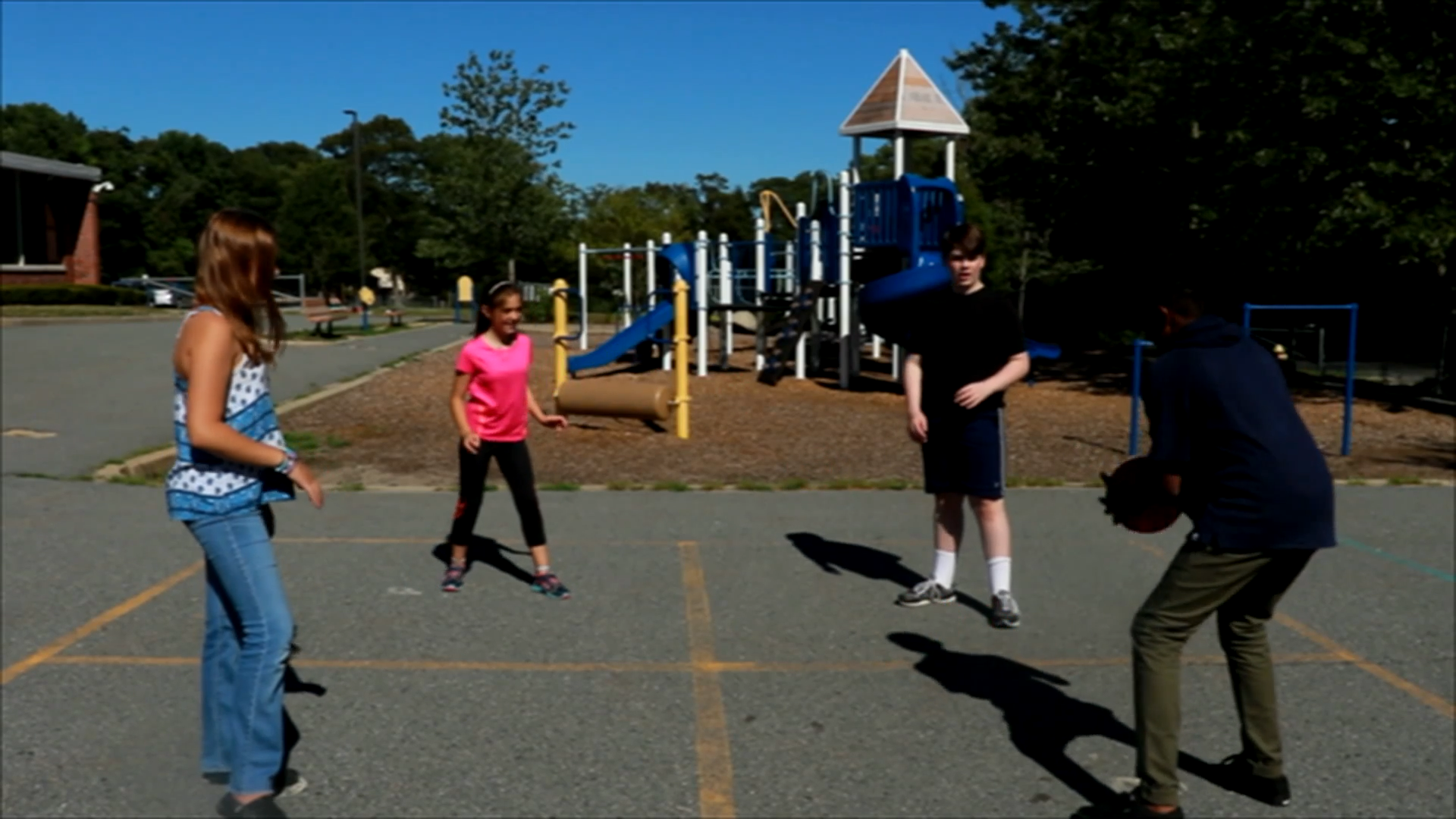
Introduction
Participation is a crucial skill for students to develop, as it fosters a sense of belonging and encourages teamwork. Teaching children to be active members of a group helps them understand the importance of collaboration, communication, and shared responsibility. This blog post will discuss an easy-to-implement activity that promotes participation, followed by discussion questions and related skills for further exploration.
No-Prep Activity: The Participation Chain
This simple, no-prep activity encourages students to actively participate in a group setting without the need for any materials or prior preparation. Here’s how it works:
- Have students stand in a circle.
- Choose one student to start by performing a simple action, such as clapping their hands or stomping their feet.
- The next student in the circle must copy the first student’s action and add a new action of their own.
- Continue around the circle, with each student copying the previous actions and adding a new one.
- If a student is unable to perform all the actions, they can sit down and cheer on their classmates as the game continues.
- The game ends when all students have had a chance to participate or when the chain of actions becomes too long to remember.
This activity emphasizes the importance of actively participating in a group, as students must pay attention, follow the actions of their peers, and contribute their own actions to the chain. It also encourages teamwork, as students work together to remember and perform the growing sequence of actions.
Discussion Questions
- How did it feel to be a part of the Participation Chain? Were you excited, nervous, or something else?
- Why is it important to participate in group activities, even if you might not feel like it at first?
- Can you think of a time when you didn’t participate in a group activity? How did that make you feel? How do you think it affected the group?
- What are some ways you can encourage others to participate in group activities?
- How can participating in group activities help you develop other social-emotional skills?
Related Skills
Beyond participation, there are several other essential skills that students can develop through group activities. Some of these related skills include:
- Active Listening: Paying attention to what others are saying, asking questions, and providing feedback.
- Communication: Expressing thoughts, feelings, and ideas clearly and effectively in both verbal and non-verbal ways.
- Teamwork: Collaborating with others to achieve a common goal, sharing responsibilities, and supporting one another.
- Problem-Solving: Identifying issues, generating possible solutions, and working together to find the best approach.
- Empathy: Understanding and sharing the feelings of others, offering support, and building positive relationships.
Next Steps
Now that you have a better understanding of the importance of participation and how to incorporate it into your classroom, it’s time to take the next step. To access free sample materials related to participation and other essential social-emotional learning skills, visit Everyday Speech’s sample materials page. By incorporating these resources into your lessons, you can help your students develop the skills they need to thrive in group settings and beyond.

